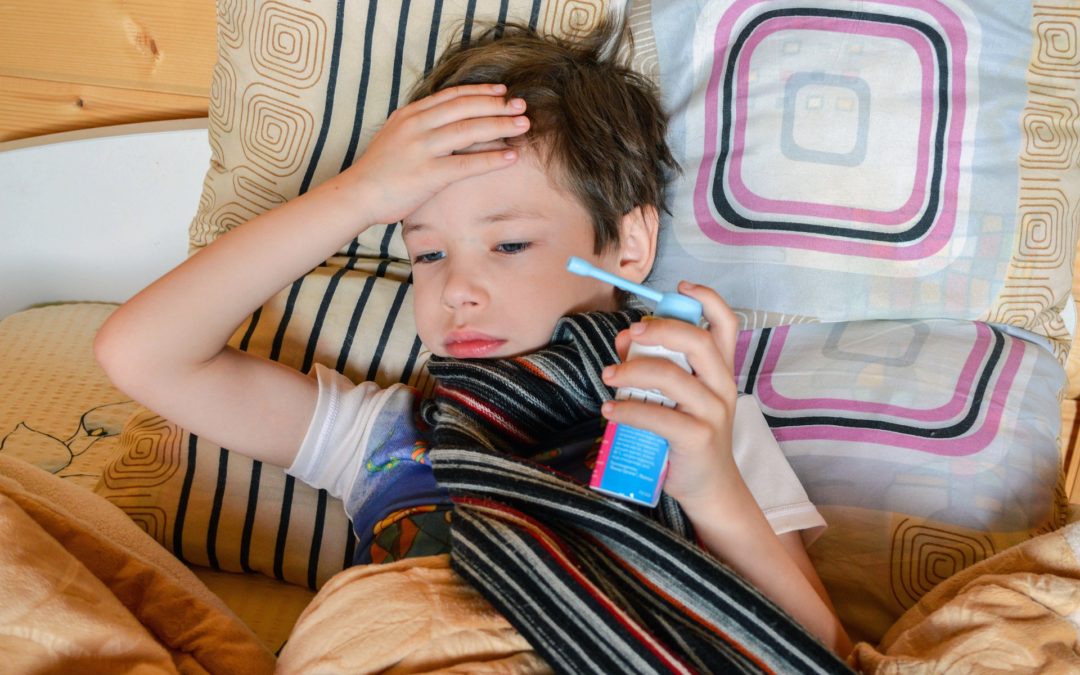Healthy self-esteem creates happy and successful children and teenagers, but how can you develop it in your kids?
Self-esteem is how we feel about ourselves, and our behaviour clearly reflects those feelings.
Most teenagers do the right thing most of the time. The press usually only feature those who are seriously out of control but research shows that most young people make it through adolescence without major disasters.
It will raise the self-esteem of your child if they believe you are ‘for them’ and hear you speak respectfully of their peer group. Don’t ‘dis’ teenagers! Teenagers tell us this means -don’t criticise all teenagers, all the time, just because a few are sometimes delinquent!
“Self-esteem and confidence are two of the most problematic issues in adolescence. We all need recognition. If we don’t we die, physically or emotionally. If a child is not given recognition for who he is rather than what he does, he will not thrive. We all need unconditional acceptance.” (Parenting Teenagers by Claire Short )
A child or teen with high self-esteem will usually be able to:
- Act independently
- Assume responsibility
- Take pride in accomplishments
- Tolerate frustration
- Attempt new tasks
- Accept new challenges
- Handle positive and negative emotions
- Offer assistance to others
A child or teen with low self-esteem may:
- Avoid trying new things
- Feel unloved and unwanted
- Blame others for his/her shortcomings
- Feel, or pretend to feel, emotionally indifferent
- Be unable to tolerate a normal level of frustration
- Put down his/her own talents or abilities
- Be easily influenced
Parents more than anyone else can promote the development of their child’s self-esteem. Most parents are doing it without even realising it. The words and actions of parents have a great impact on how young people feel about themselves. Your child is a person worthy of your time, your respect and deserving of understanding. You may not find their behaviour attractive, but never let them forget that you love and accept them. There comes a time when teenagers have to believe that they are responsible for their own decisions and actions.
It is also worth remembering that children and teens with learning disabilities and attention deficit disorder may need extra help in developing a positive self-image.
Self-esteem really does make a difference in our children’s lives. Helping and supporting them to build self-esteem by achievement and accomplishment, especially through ordinary everyday things is far more valuable than sitting your children down and telling them they need to believe in themselves. Try any of the following small ways and watch it work!
Laugh with your children often and encourage them to laugh at themselves. People who take themselves too seriously are undoubtedly decreasing their enjoyment in life. A good sense of humour and the ability to make light of life are important ingredients for reducing stress and maintaining correct perspective.
Give your child opportunities to succeed. Expose him/her to a variety of opportunities so that they find something they can do well. Take the time to encourage them as they begin new tasks and show an interest. If you can arrange for some expert coaching this will help them achieve a level of proficiency at the task.
Stop doing for your child what they can do for themselves. When we insist our children do what they can do themselves they develop self-sufficiency, a sense of accomplishment, and self-esteem.
Help them avoid the big disasters, but little failures on the way will probably lead to a greater sense of accomplishment later. Don’t rescue young people from every failure, they probably need to experience it once in a while to better appreciate success later. They need to have a go for themselves even if it means learning the hard way. They also need to believe that you trust them.
Avoid criticism that takes the form of ridicule or shame. Sometimes it is necessary to criticize a child’s actions, and it is appropriate that parents do so. When, however the criticism is directed to the child as a person it can easily deteriorate into ridicule or shame. It is important to learn to use “I statements” rather than “You statements” when giving criticism.
When you feel good about your child, say so. Parents are often quick to express negative feelings to children but somehow don’t get around to describing positive feelings. A child doesn’t know when you are feeling good about him and he needs to hear you tell him that you like having him in the family. Children remember the positive statements adults say to them. They store them up and “replay” these statements to themselves. Practice giving your child words of encouragement.
Be generous with praise. Use ‘descriptive’ praise to let your child know when and why they are doing something well. Notice when your child completes a task. Comment on individual talents. Don’t be afraid to give praise often, even in front of family or friends. Use praise to point out positive character traits. Acknowledge when young people demonstrate good self-control and wisely refrain from doing something.
Ask your child for their opinion and share with them a little about your own frustrations, anxieties, achievements and disappointments. Ask for their help or insight. This gives them dignity and a great sense of being valued.









